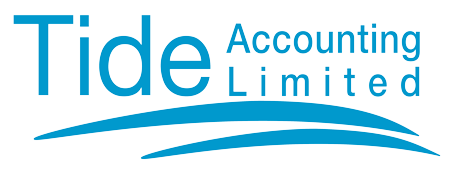The average number of touchpoints needed to secure a sale, or appointment generally falls between 7 and 12. However, this varies by industry, target audience, and product or service type. Here’s why multiple touchpoints are necessary and how they work:
Why Multiple Touchpoints Are Necessary
- Building Trust: Buyers need to trust the seller, and trust develops over time through consistent and meaningful engagement.
- Cutting Through Noise: Prospects are inundated with marketing messages, so repeated interactions ensure your message stands out.
- Guiding the Buyer’s Journey: Buyers often move through awareness, consideration, and decision stages before committing. Multiple touchpoints help guide them.
- Relevance and Customisation: Frequent contact allows you to refine your messaging and address specific concerns, making your offering more appealing.
Typical Sales Touchpoints
- Awareness Stage: Social media ads, blog visits, email newsletters, or website engagement.
- Engagement Stage: Personalised LinkedIn messages, phone calls, or direct email outreach.
- Consideration Stage: Webinars, product demonstrations, or sharing case studies and testimonials.
- Decision Stage: Proposal discussions, follow-up calls to address objections, or in-person meetings to finalise details.
Factors Affecting the Number of Touchpoints
- Industry: B2B sales or high-ticket items typically need more interactions (10–15+), while consumer sales might only require 3–5 touchpoints.
- Lead Type: Warm leads, such as referrals, may convert faster, while cold leads from unsolicited outreach require more nurturing.
- Approach: A strategic follow-up plan can reduce the number of touchpoints needed by effectively addressing concerns early on.
- Communication Channels: Some channels, like personalised phone calls or in-person meetings, can fast-track trust and reduce unnecessary follow-ups.
Strategies to Reduce Touchpoints
- Personalisation: Craft messages tailored to the prospect’s specific needs to make each interaction more impactful.
- Multi-Channel Outreach: Engage prospects across email, phone, social media, and in-person to reach them in their preferred way.
- Pre-Qualification: Focus on well-targeted leads to reduce wasted efforts and ensure efficient use of touchpoints.
- Automation: Leverage tools to automate routine touchpoints, such as follow-up emails or reminders, while maintaining a personal touch.
Key Takeaway
While the general range is 7–12 touchpoints, prioritising quality over quantity is essential. Strategic, timely, and relevant engagement will always outperform excessive, unfocused interactions.
Source: Other Tue, 07 Jan 2025 00:00:00 +0100
 Christchurch, Dorset & London
Christchurch, Dorset & London mail@tideaccounting.co.uk
mail@tideaccounting.co.uk 01425 674776
01425 674776
